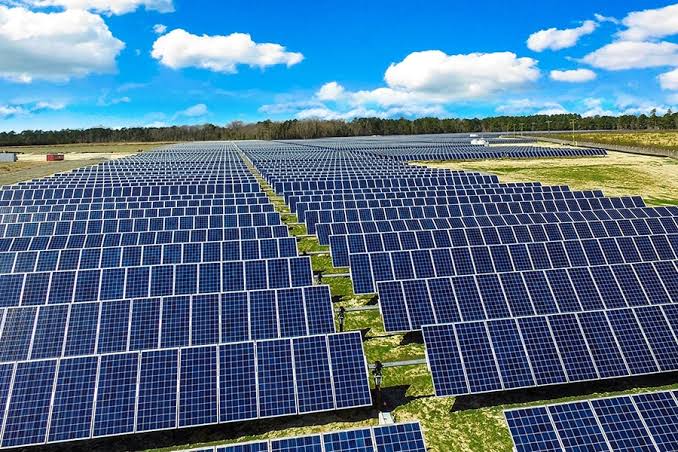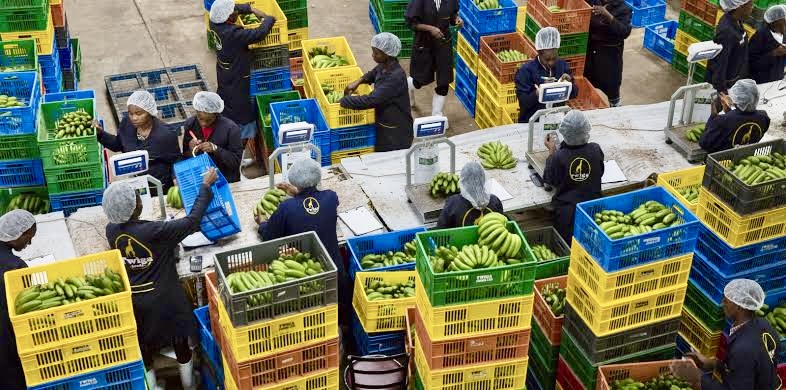SolarNow, once hailed as a pioneering solar energy provider in East Africa, has been forced into liquidation despite raising over $20 million in funding.
This surprising turn of events was announced on Tuesday, marking a dramatic setback for a company seen as a beacon for off-grid solar solutions in Uganda and Kenya.
SolarNow’s rise and financial backing
SolarNow, established in 2011 by Willem Nolens, rapidly acquired recognition for its innovative approach to supply affordable solar home systems to rural, off-grid communities in East Africa.
The company sold, financed, and installed modular solar systems ranging from 50Wp to 20kW and solar appliances such as LED lights, TVs, and refrigerators. As of 2018, SolarNow had more than 35,000 customers in Uganda and Kenya, with 55 branches and 850 workers.
The company attracted substantial investment from reputable sources. Notably, it secured a $9 million debt financing round in early 2019 led by SunFunder, with co-lenders responsible and Oikocredit participating.
This funding aimed to deploy 17,500 new off-grid solar systems in Uganda, equating to approximately 2.5 MW of installed solar capacity. By replacing kerosene lamps, the company is expected to reduce over 210,000 tons of greenhouse gas emissions.
SolarNow also benefited from grants and guarantees, including a $145,000 USAID grant focused on de-risking pay-as-you-go solar home systems for refugee communities. The Shell Foundation was another key backer, contributing to a $25 million fund for solar energy transformation alongside the Overseas Private Investment Corporation (OPIC).
Willem Nolens had expressed optimism about SolarNow’s growth, highlighting the importance of careful client selection and credit management to maintain a healthy portfolio and sustainable expansion.
The collapse despite strong support
Despite these strong financial foundations and partnerships, SolarNow was forced into liquidation, as announced on Tuesday. The reasons behind this collapse are complex but reflect the challenges solar companies face in emerging markets, including difficulties in scaling operations profitably and managing credit risks in low-income, off-grid customer bases.
SolarNow’s story underscores the harsh realities of the off-grid solar market. While the company had raised over $20 million from a mix of debt, equity, and grants, the operational and financial pressures proved overwhelming.
The liquidation highlights the gap between ambitious renewable energy goals and the practical difficulties of sustaining such ventures in challenging economic environments.
This development also raises questions about the effectiveness of international funding models. Though substantial, USAID and Shell’s involvement was not enough to prevent the company’s failure. While donor and corporate funding can spark expansion, long-term survival requires sound business models, market circumstances, and possibly regulatory support that is not always present.
SolarNow’s liquidation is a cautionary tale for investors and stakeholders in the off-grid solar sector. It reminds them that despite their noble mission and significant funding, the path to electrifying rural Africa remains fraught with risk and uncertainty.
















